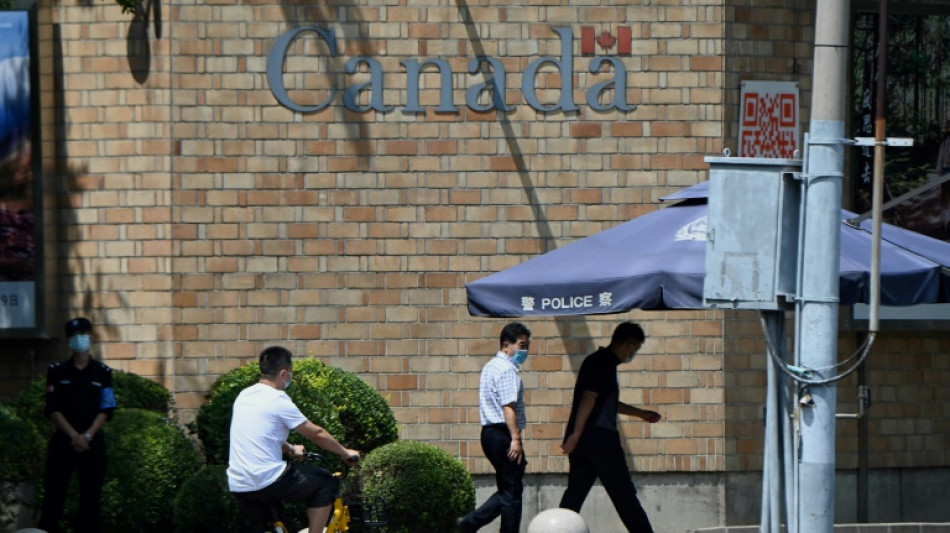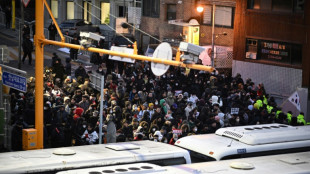

Trial of Chinese-Canadian tycoon who disappeared in 2017 begins in China
Canadian-Chinese tycoon Xiao Jianhua is standing trial on Monday, Ottawa's embassy in Beijing said in a statement, after the businessman disappeared from a Hong Kong hotel in 2017.
"Global Affairs Canada is aware that a trial in the case of Canadian citizen, Mr. Xiao Jianhua, will take place on July 4, 2022," the embassy told AFP, without specifying the location of the trial or charges against him.
"Canadian consular officials are monitoring this case closely, providing consular services to his family and continue to press for consular access."
Xiao, who is a Canadian citizen, disappeared from Hong Kong's Four Seasons hotel in January 2017, with local media reporting that he was snatched by mainland Chinese agents.
One of China's richest people at the time of his alleged abduction, Xiao reportedly had close connections to the upper echelons of the ruling Communist Party.
Hong Kong police said at the time that he had crossed the border into mainland China. His company Tomorrow Group also later said that he was in the mainland.
But Chinese authorities have been silent about the case, which is reportedly linked to an anti-corruption drive championed by President Xi Jinping since he came into power.
Xiao's alleged abduction came at a time when mainland Chinese agents were not permitted to operate in Hong Kong, and it sparked fear in the city about residents being forcibly disappeared.
These fears were at the heart of massive pro-democracy protests that shook Hong Kong in 2019, prompted by a government bill that would have allowed extraditions to mainland China's opaque, Communist Party-controlled judicial system.
Xiao's disappearance also followed the alleged kidnapping into mainland custody of five people working for a bookstore which published salacious titles about China's leaders.
The booksellers later appeared on TV in mainland China admitting to a variety of crimes.
In response to the protests, China imposed a national security law on Hong Kong in 2020.
That law allowed its security agencies to operate in the city and toppled the legal firewall between mainland and Hong Kong courts.
- Rags to riches -
Xiao rose from a poor family to become one of China's richest men, founding the Beijing-based Tomorrow Group.
He was head of the official student union at the prestigious Peking University in 1989 when the Chinese government used troops and tanks to crush peaceful demonstrations.
Xiao had tried and failed to defuse the protests, with his company later denying a report in The New York Times that he had been rewarded by the government for his role.
After university, Xiao began selling computers and in the years that followed built an empire with diverse interests, including in banking and insurance.
According to the Hurun Report, which ranks China's wealthiest people, Xiao was worth almost $6 billion in 2017.
He had reportedly denied allegations that he fled to Hong Kong in 2014 to escape the corruption crackdown in China.
Xiao is said to have acted as a broker for the Chinese leadership, including for President Xi's family.
"After five years of quietly waiting, our family is still, based on my brother's strict instructions, putting faith in the Chinese government and Chinese law," Xiao's elder brother Xinhua told The Wall Street Journal last month.
"It's very complicated and full of drama," he said of the case, according to the WSJ.
H.Erikson--MP




